What better way to come closer to God than to go to the Holy Land itself? That was my thought; instead I was met with my own oblivion. It should have come with a warning label, something like: *WARNING!*: “Do not live in Palestine or Israel, as your political perspective, theological views, and learned beliefs will be changed forever.” When I first told people I was going on a 3 month mission trip to Israel, all were in favor and admired my tenacity. Usually mission trips are to help spread the gospel, but in an area so familiar with Jesus, I was the one learning.I saw how Palestinians lived under occupation; I saw the watch towers, the protests, Jewish settlements being built oppressively on top of Palestinian homes/land, and Israeli soldiers at the border wall. I volunteered at a Muslim refugee camp for children with special needs, and spent time gardening at a Palestinian nature reserve center. I talked with Palestinians to learn how they felt about being under occupation, and asked where they were when their homes were taken or bombed. I did life with them.I also experienced Jewish culture on the other side of the wall- their beautiful rituals, traditions, and amazing food. I saw 14 year old girls holding military rifles preparing to be in the Israeli defense force. I went to a Christian church, the Wailing Wall to observe their mourning, and visited the Holocaust museum. I volunteered at a food bank to feed the Jewish people. I talked with Israeli soldiers, Messianic Jews, Orthodox Jews, and Gentiles (also known as Israeli Christians). Some would say: “Palestinians are poison and we need to get rid of them.” Their words were coming from what they believed was their birthright; and their truth that the land belonged to the Jews because God said so. Honestly, I felt an empathetic bias towards Palestinians because I had already spent time with them, and the conditions they live in.#block-yui_3_17_2_1_1699546053285_4535 .sqs-gallery-block-grid .sqs-gallery-design-grid { margin-right: -20px; }
#block-yui_3_17_2_1_1699546053285_4535 .sqs-gallery-block-grid .sqs-gallery-design-grid-slide .margin-wrapper { margin-right: 20px; margin-bottom: 20px; }
After years as a devout believer I was on a quest for a spiritual upgrade; hoping Jesus himself would smack me in the face at Damascus Gate, where he met Paul, and tell me what I’m supposed to do and infuse me with his power. I wanted to fully feel the Holy Spirit working through me, like the stories about miraculous healing, or faith conversion so people could have eternal life through salvation. My everyday life was missing the supernatural that was preached by charismatic church communities; perhaps once I had ‘arrived’ I could reap the rewards of what it meant to be a true follower of Christ. What better way to achieve my goal than to go where Jesus had walked on water, multiplied fish and bread, healed the sick and rose from the dead. Though my motives were innocent, it became clear I was quite ignorant to the reality of what had become of the Holy Land, far beyond what I understood from the stories of the Bible. This ‘complicated conflict’ I was introduced to proposed a new question I had yet to consider- What’s more important to God; people or the dirt they walked on? Did he care about who the land belonged to, or how people were living? What should I, as a Christian believe, and what should I do?#block-yui_3_17_2_1_1699538466727_2423 .sqs-gallery-block-grid .sqs-gallery-design-grid { margin-right: -20px; }
#block-yui_3_17_2_1_1699538466727_2423 .sqs-gallery-block-grid .sqs-gallery-design-grid-slide .margin-wrapper { margin-right: 20px; margin-bottom: 20px; }
When I returned to the USA, I felt conflicted, and an obligation to raise awareness of the Palestinian lifestyle. I was confident this would concern people, especially my fellow Christians who would surely sympathize for the Palestinians with me. The majority of responses were: “Yes that’s true, the land does belong to the Jews.” or “Well according to the Bible this is the fulfillment of prophecy, it’s meant to happen;” a series of unsatisfactory platitudes that didn’t make sense, as many Palestinians I met read the same Bible I did, yet having no answer why this should happen to them.
I began wondering: Am I wrong? Was I brainwashed to think what is happening to Palestinians is deserved and I am to stand with Israel like the majority? Who’s telling the truth and what side do I take? I wanted to go back to the comfort of how my faith used to be; to completely dismiss and forget everything I had just experienced.It was one thing to process how my Christian peers blatantly disregard this injustice in support of Israel through their interpretation of the Bible, and another to go back to a usual Sunday service that felt self-indulgent. After living with a group of people who are under occupation and often have resources cut off- suddenly smoke machines, fancy lights and worship productions lose their luster. After seeing civilians tear gassed and living with refugees- it seemed imprudent to watch pastors with great hair, nice leather jackets and expensive shoes, praying for God's favor for a bigger parking lot for the church campus. Hearing phrases like “It was such a God thing!” or “God is good all the time!” or “God wants to bless you!”, after witnessing racial maltreatment it really makes you question if that is true. It’s ironic to think how visiting the Holy Land led me AWAY from the church. Unfortunately, Jesus did not infuse me with his power to heal the sick, raise the dead, or turn water into wine…(total let down). Instead, I learned that theology provides an intellectually satisfying response to a lot of problems, but it looks better on paper than real life with real people in a real place. The doctrine I was taught to satisfy myself of the world’s harshest problems was no longer working for me; as applying this belief system to those outside the American bubble deteriorates the solidarity. #block-yui_3_17_2_1_1699558302982_9367 .sqs-gallery-block-grid .sqs-gallery-design-grid { margin-right: -20px; }
#block-yui_3_17_2_1_1699558302982_9367 .sqs-gallery-block-grid .sqs-gallery-design-grid-slide .margin-wrapper { margin-right: 20px; margin-bottom: 20px; }
[ {
“type”: “highlight”,
“id”: “3a008652-12fd-4066-bb56-5d2ce53309c5”,
“shape”: “underlineCurve”,
“isFront”: false,
“isAnimationEnabled”: false,
“animation”: “draw”,
“duration”: 0.5,
“direction”: “right”,
“color”: {
“type”: “THEME_COLOR”
},
“thickness”: {
“unit”: “em”,
“value”: 0.1
},
“linecap”: “square”
} ]
I am thankful to have had my world rocked and perspective changed. I now acknowledge what it actually means to be oppressed and living under injustice. And I appreciate that there are groups of people who gather together in the city of Jerusalem as well as Palestine to bridge the gap and bring racial reconciliation. People who are on opposite sides of belief, upbringing, theology, and race come together and treat each other with kindness and respect. I am thankful my time in Palestine showed me that people come first before theology. Although it is not a responsibility of Palestinian tragedy to change ideologies, I am grateful it changed mine. Maybe it wasn’t a failed mission after all. Ready to recover from religion and find freedom? Yes- tell me more!


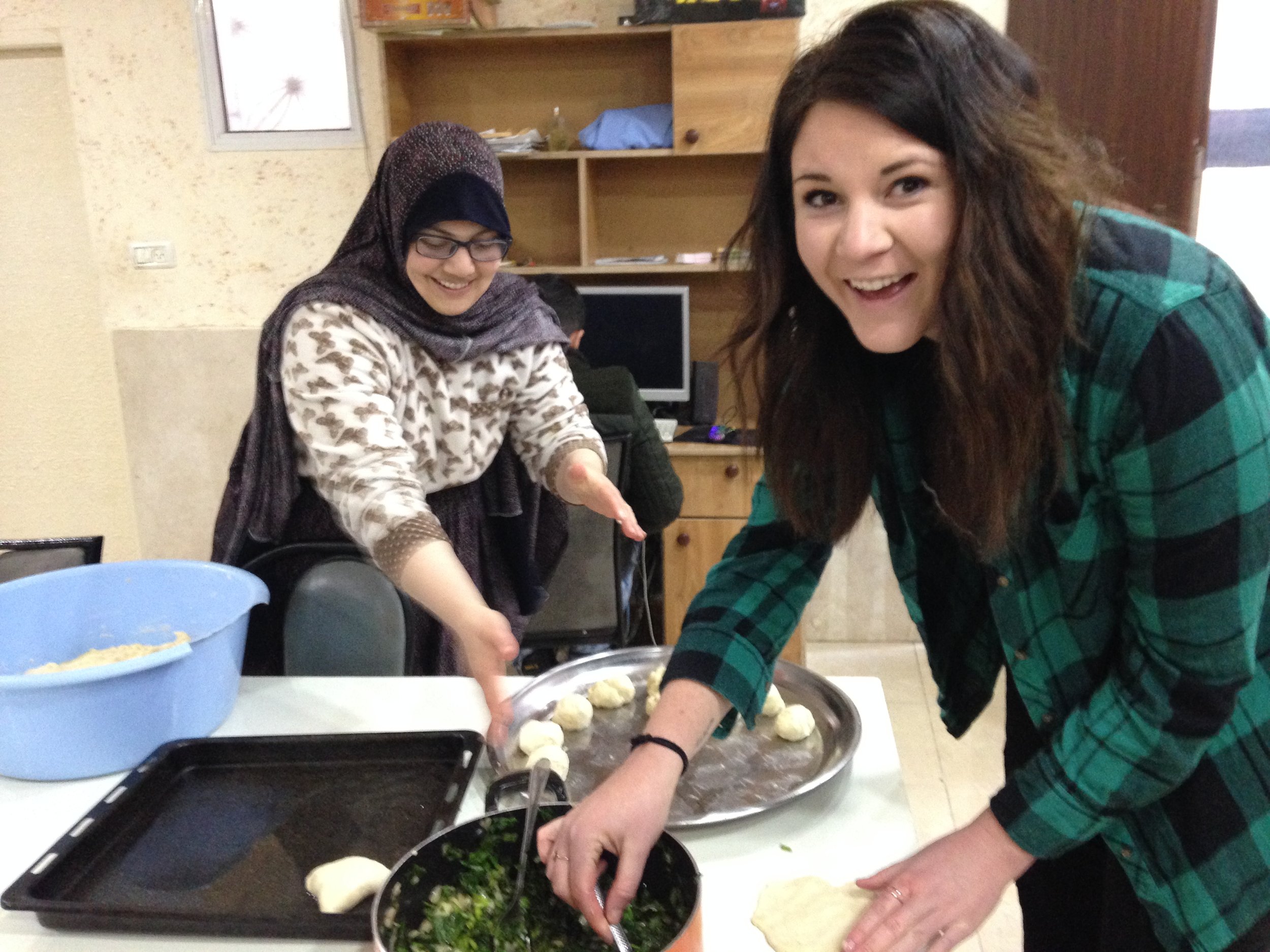
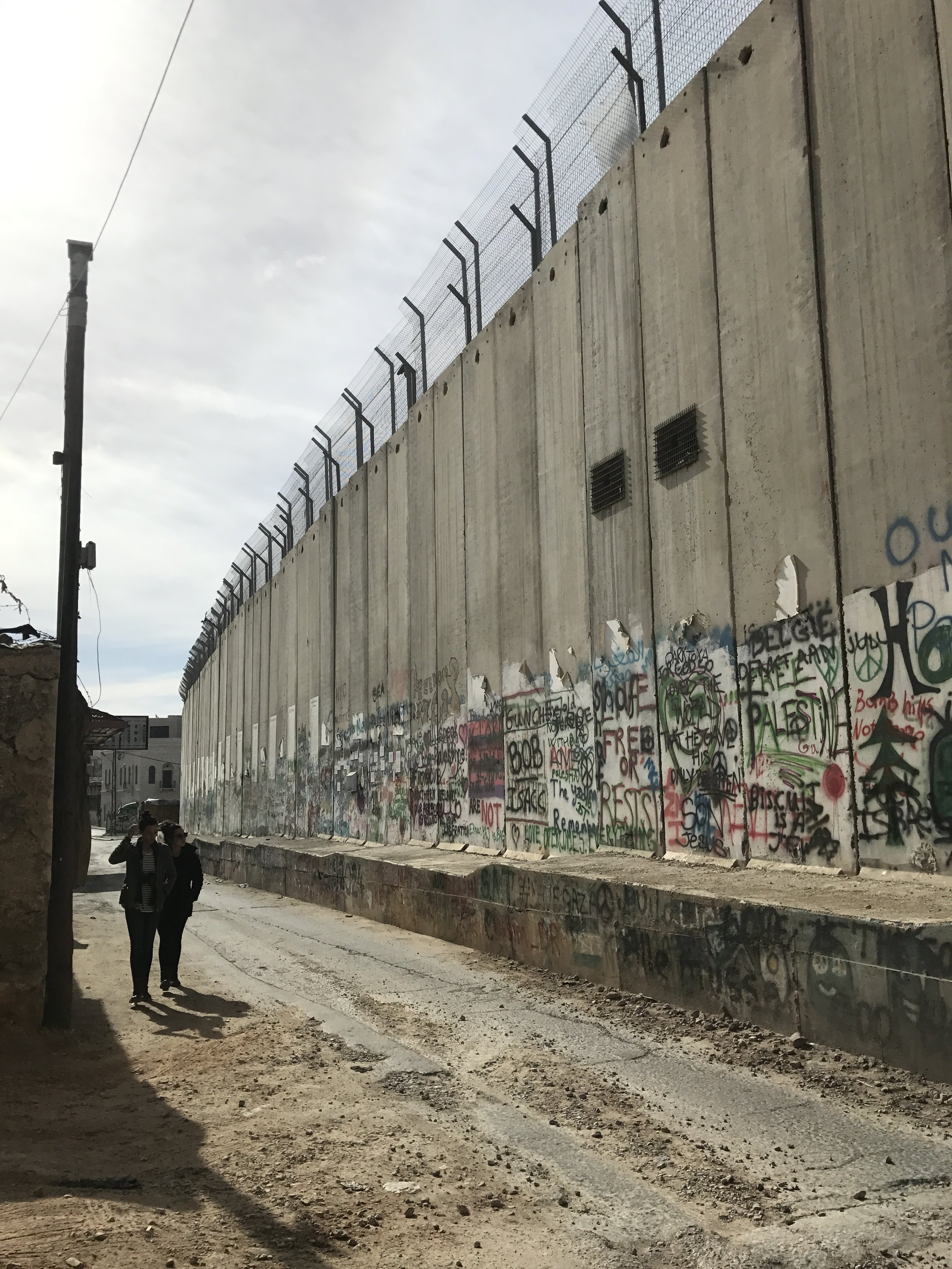
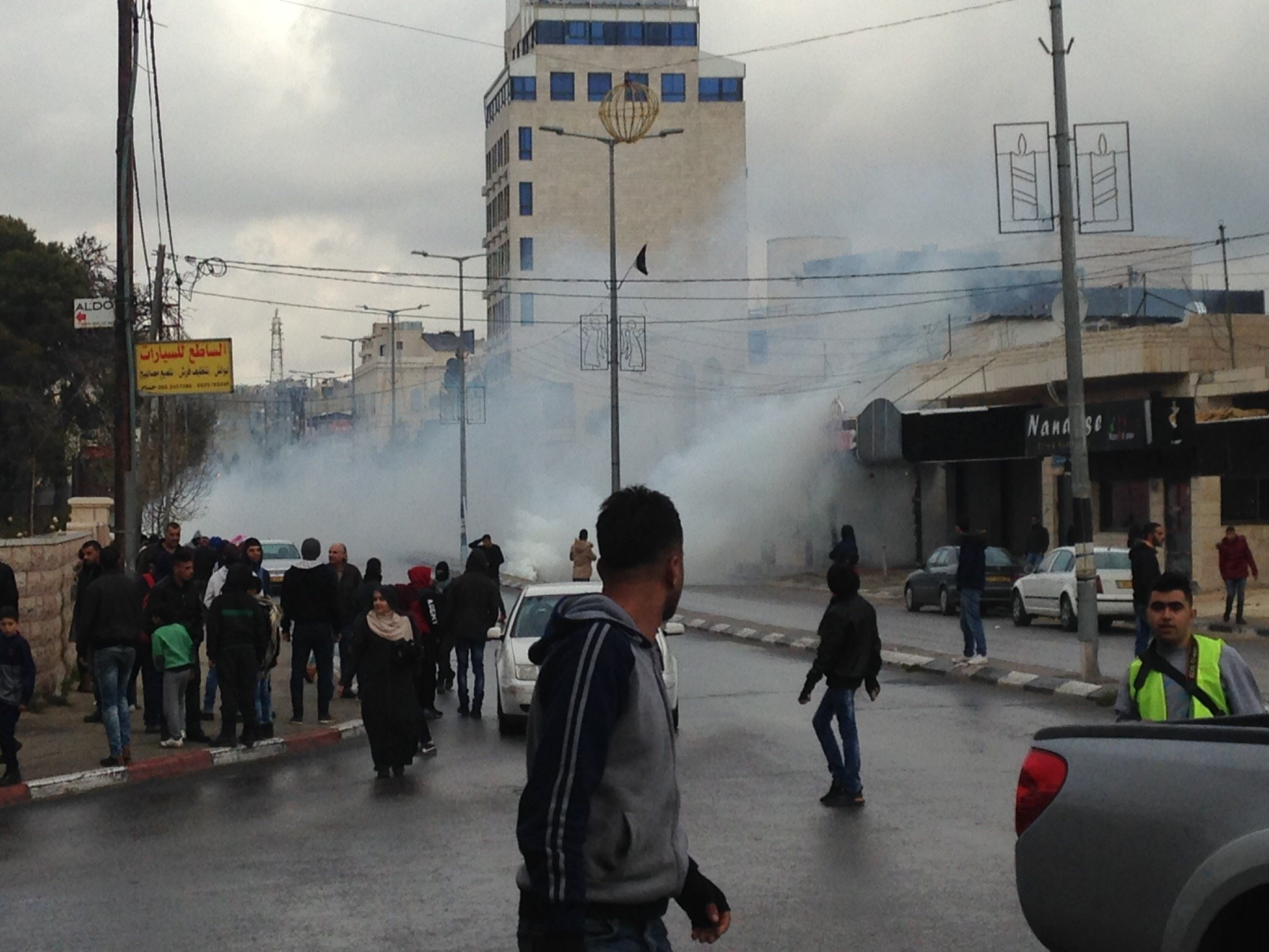
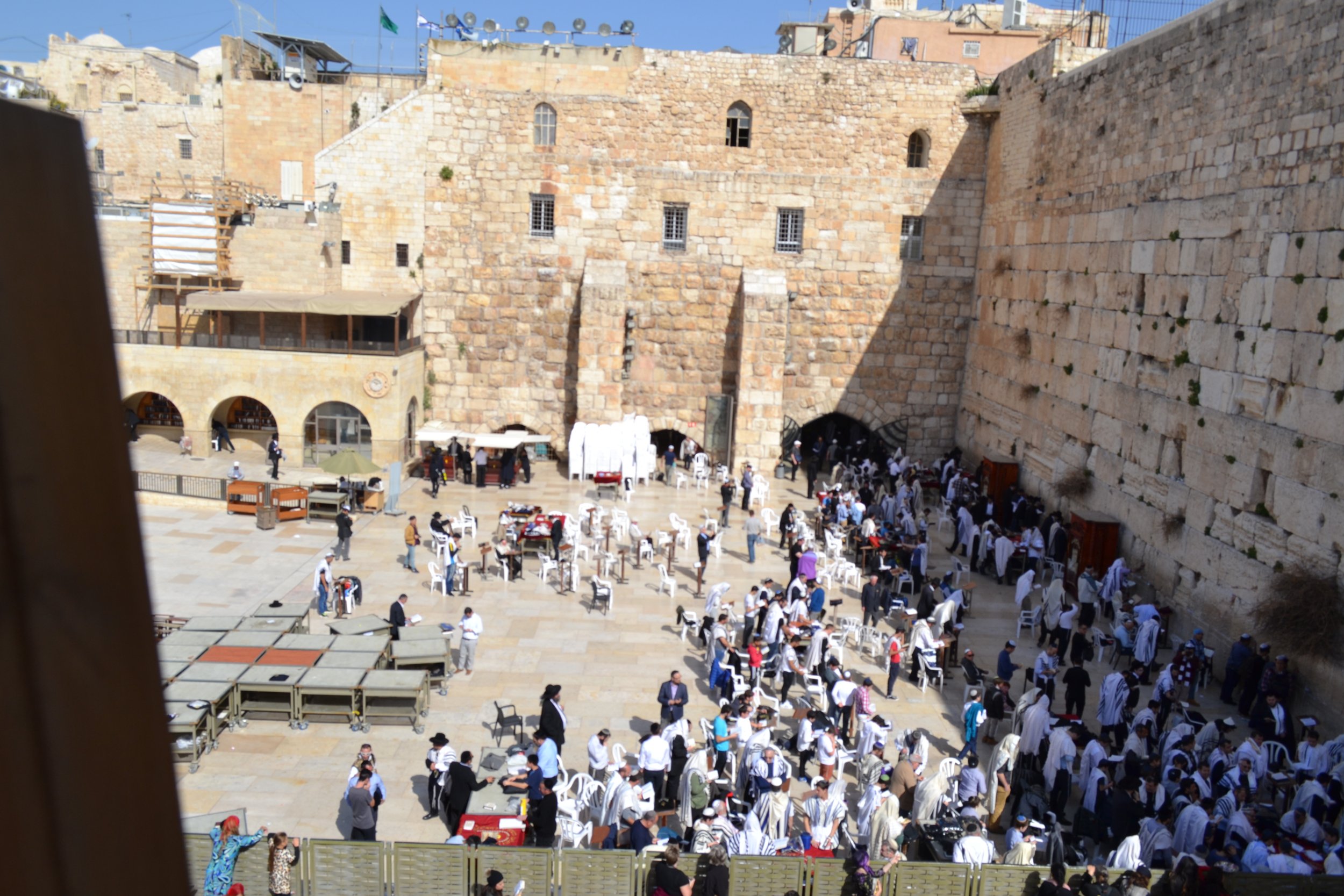
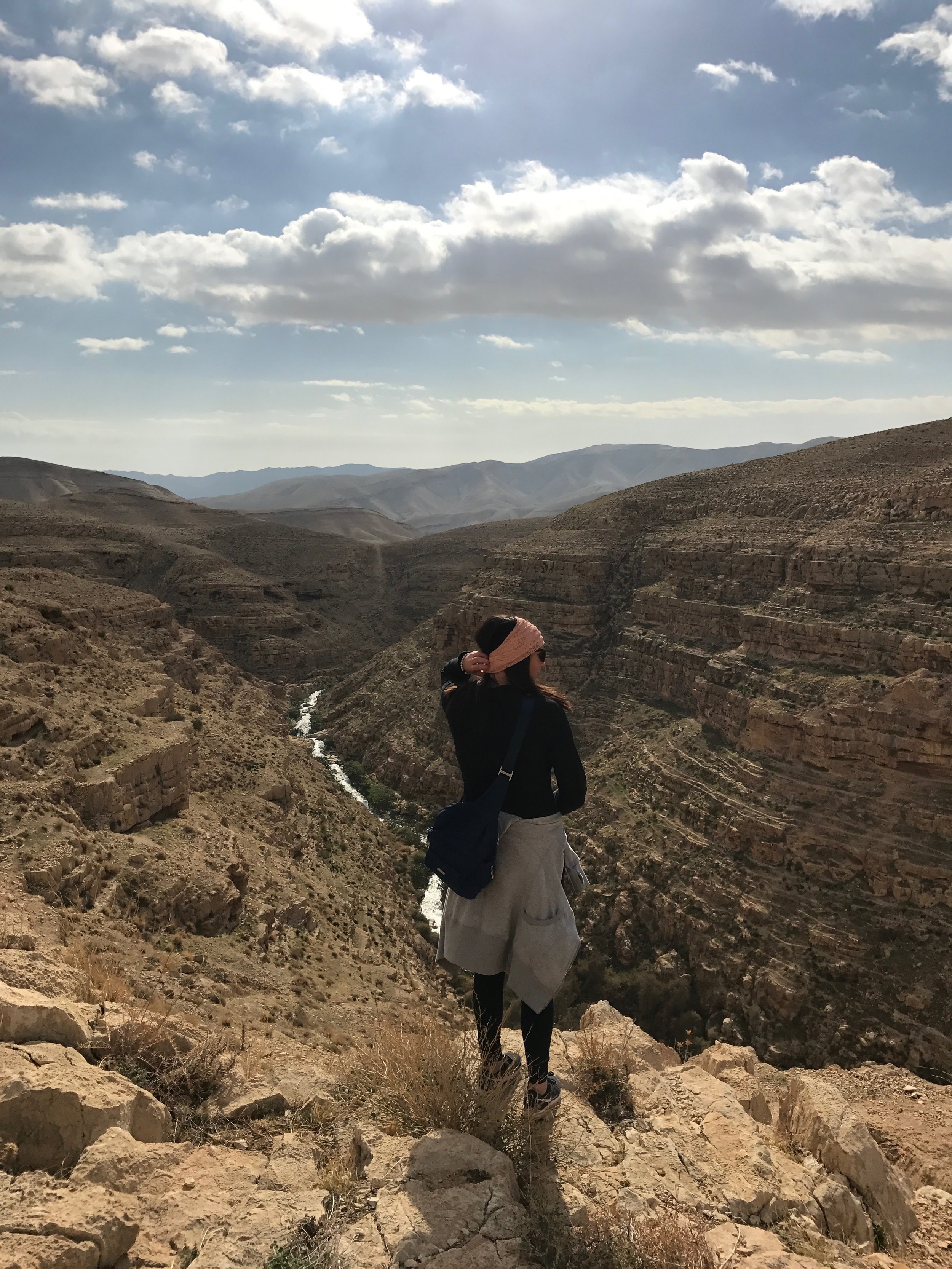
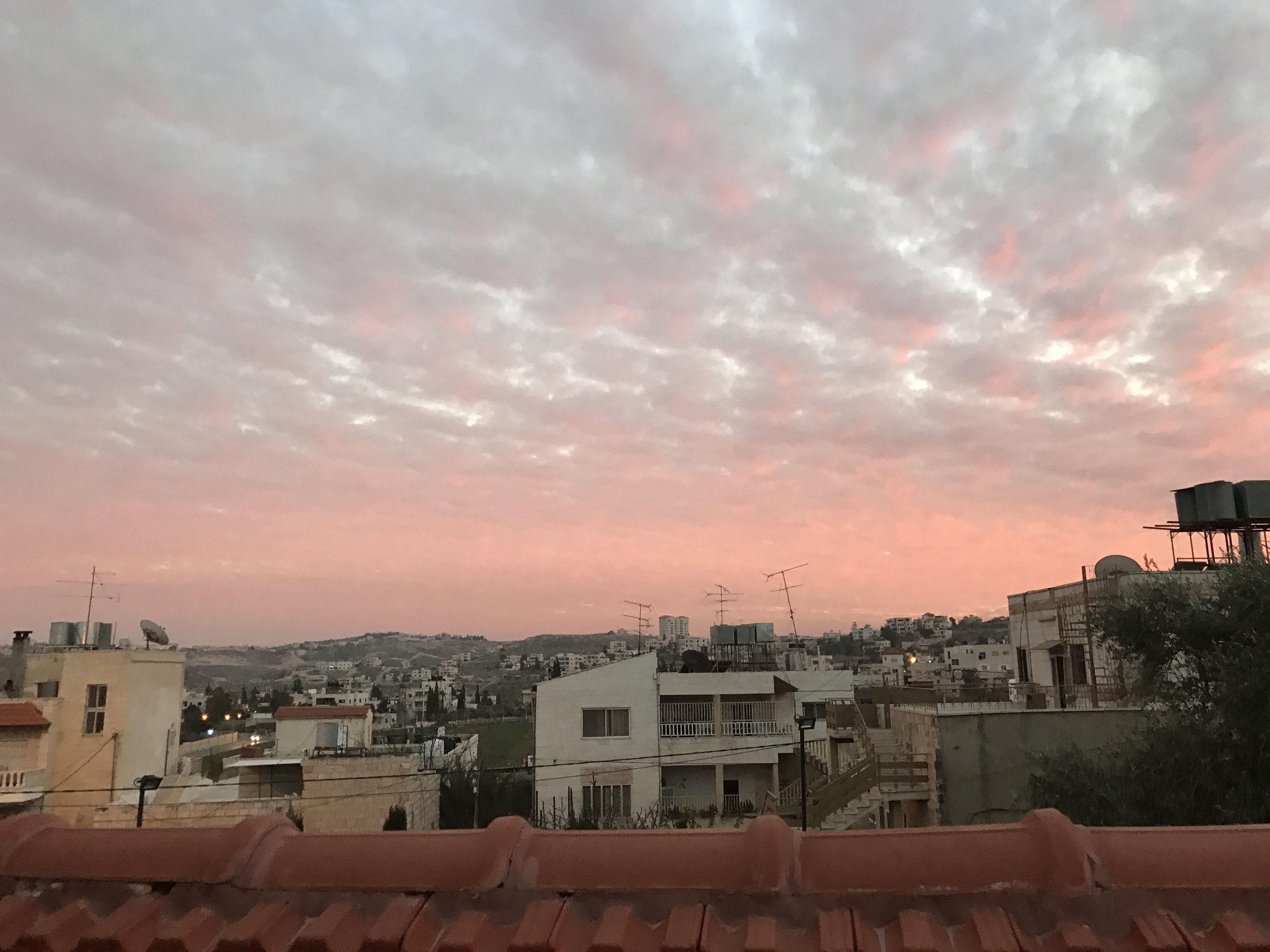
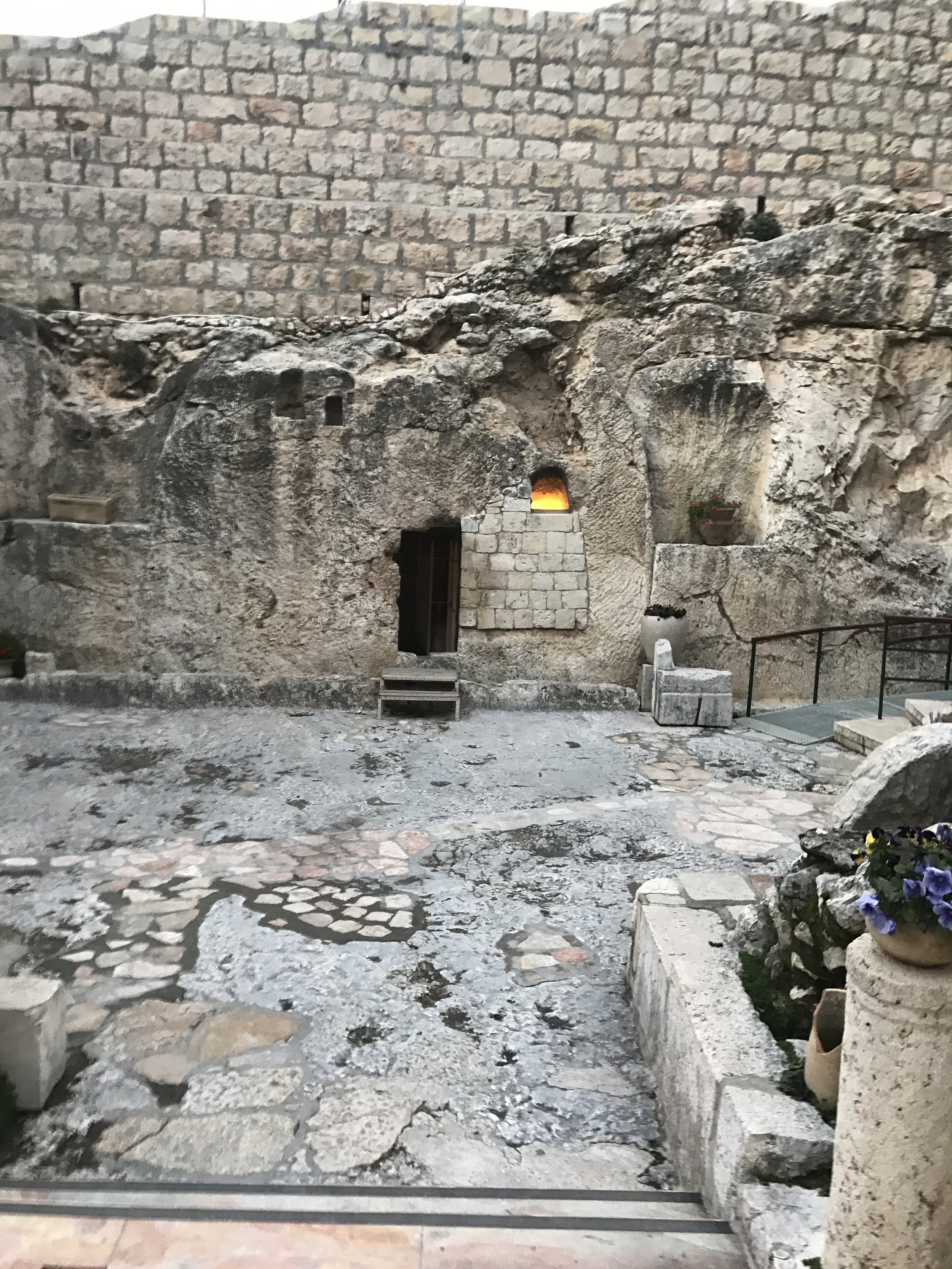
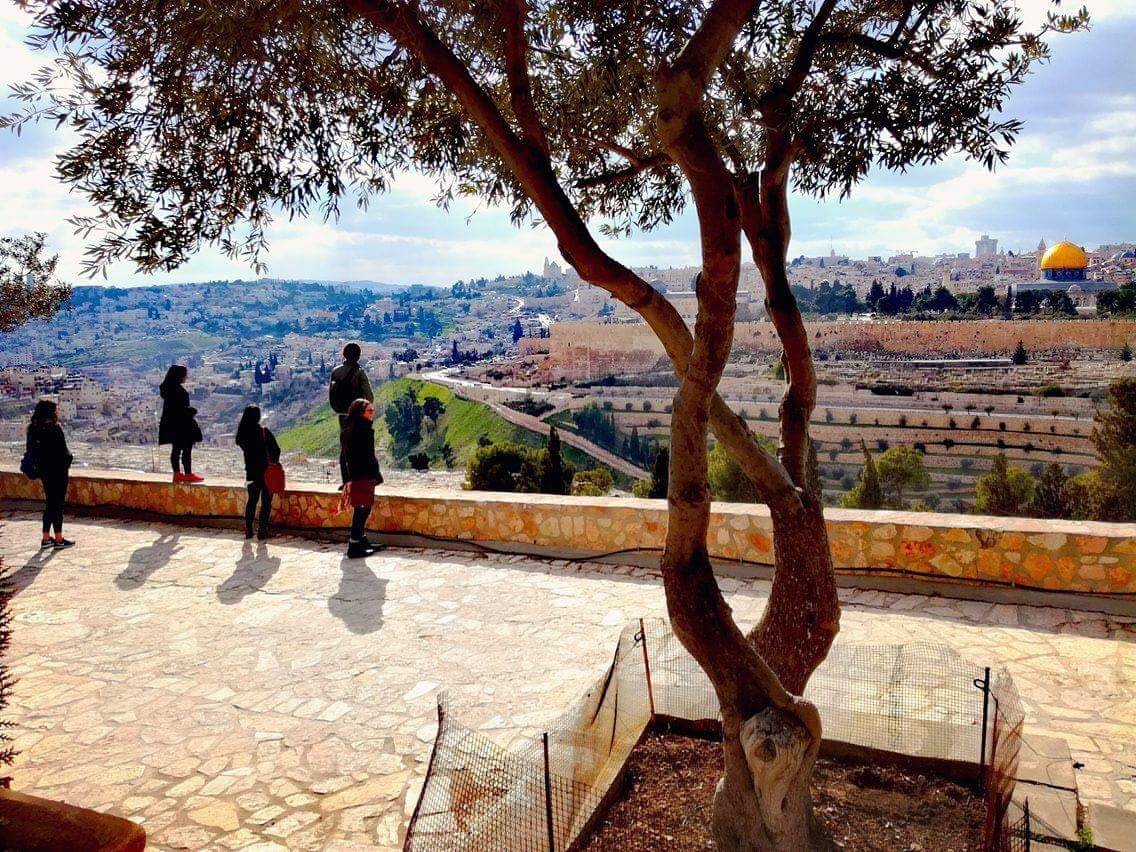

Leave a comment